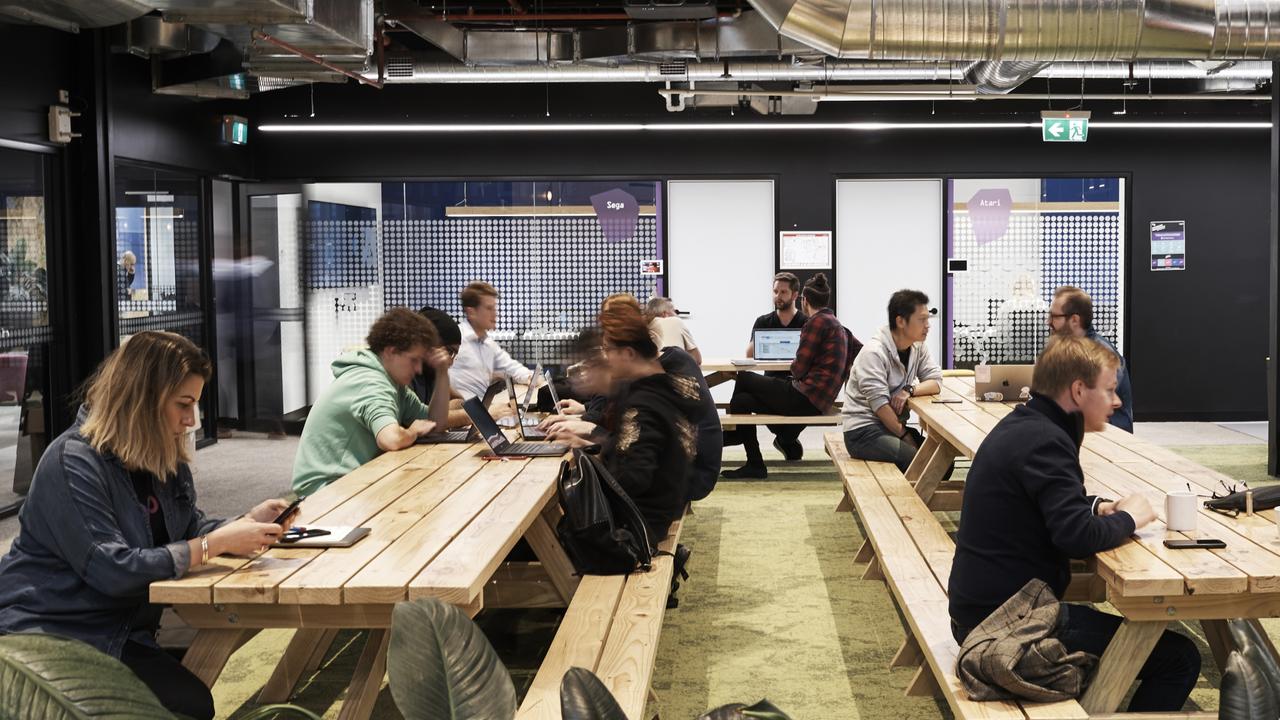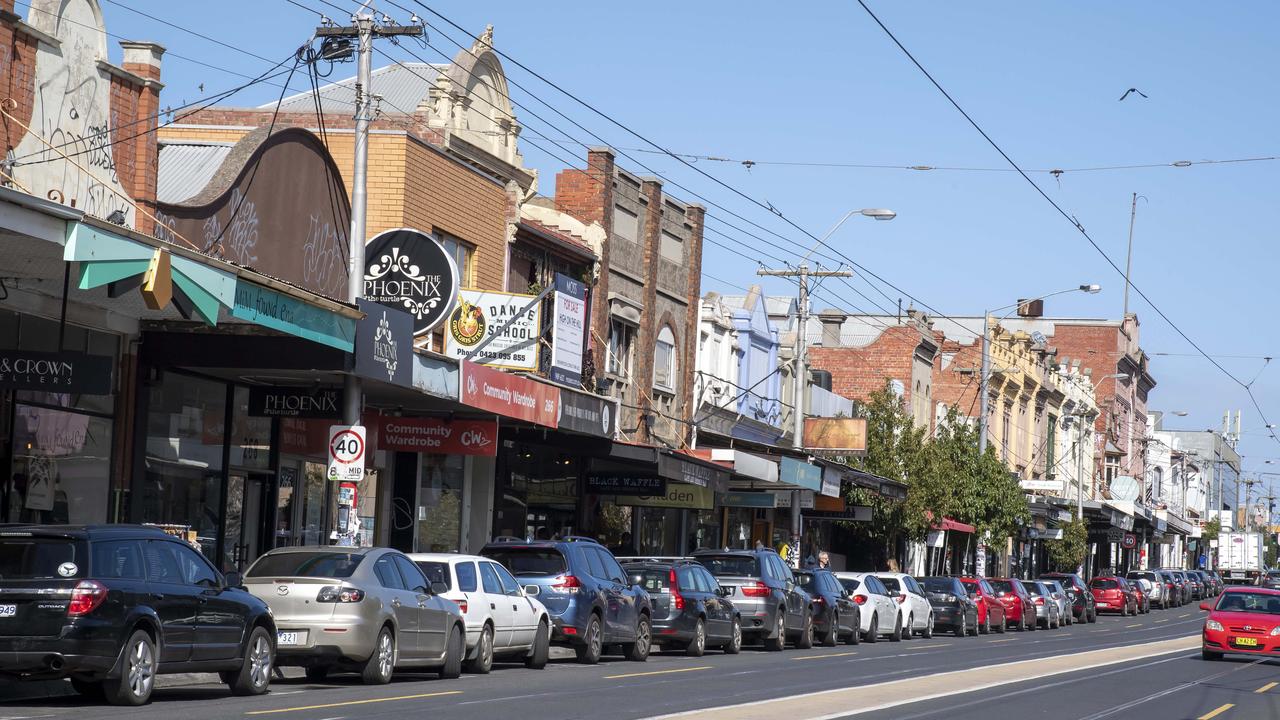Housing affordability a risk to Melbourne’s ‘most liveable’ title
MELBOURNE will lose its world-class status if affordable housing levels don’t keep up with Victoria’s booming population, it has been warned. Experts have their say on how the problem should be addressed.
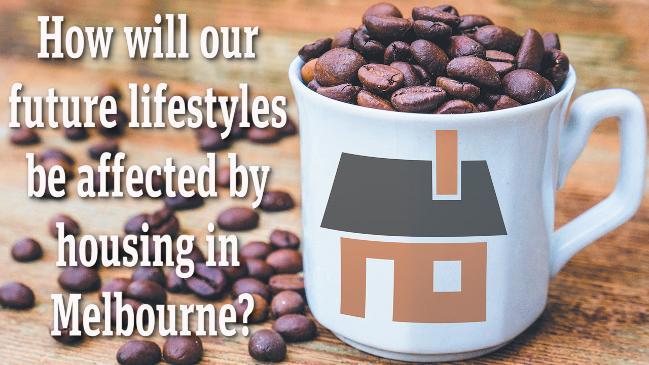
Future Victoria
Don't miss out on the headlines from Future Victoria. Followed categories will be added to My News.
MELBOURNE will lose its world-class status if affordable housing levels don’t keep up with Victoria’s booming population, it has been warned.
The state’s “inherently flawed and inefficient” planning system must be reformed to allow for the pace of new supply needed to cope with the housing affordability crisis and protect homeownership from becoming a reality only for “the extremely privileged.”
This is the view of the Urban Development Institute of Australia’s Victorian chief executive Danni Addison, who said Melbourne’s enviable international title was at risk.
MORE FUTURE MELBOURNE:
The best Melbourne suburbs to live, work, play
What does the future hold for Melbourne?
“We’re the world’s most liveable city, but that standing relies heavily on the development industry’s ability to provide housing options to the growing population,” she said.
“There is a definite need to maintain a long-term supply of diverse housing stock to keep up with the growing population and to ensure home ownership is not simply reserved for the extremely privileged ... if Victoria’s property industry can’t build the homes our communities want and need, then we’ll quickly lose our world-class status.”
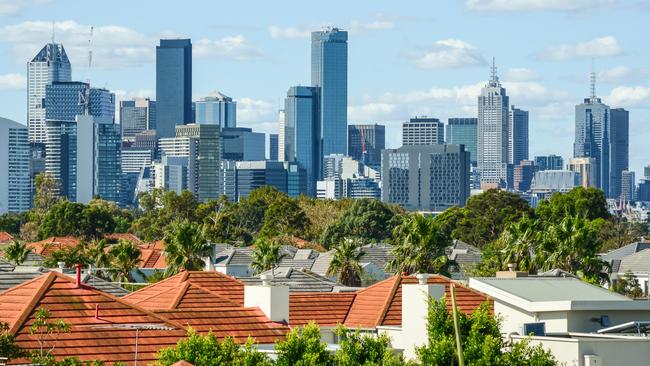
Ms Addison added property investment was important to help get new projects off the ground and provide rental stock to an increasing amount of people who could not afford to buy.
But removing negative gearing and the capital gains discount tax incentives for investors would be most effective at tackling the problem, according to economist Saul Eslake.
“The capital gains discount and negative gearing have had the effect of inflating the price of housing to benefit those who already own some to the detriment of those who don’t,” he said.
Mr Eslake, a former economic adviser to Jeff Kennett and ANZ chief economist, said the state and federal governments could help boost supply by modifying planning and zoning regulations, releasing unused land and exploring incentives for builders of needed stock.
Anna-Sofia Rodwell rents with her husband Dean and their three children in the Atherstone estate in the new City of Melton suburb of Cobblebank while they save up for a house.
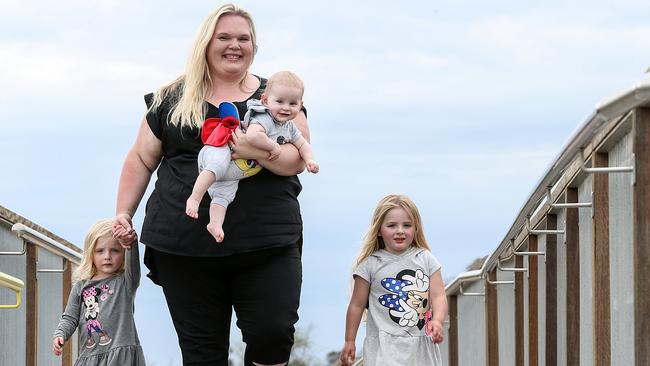
Ms Addison said it was essential new communities on Melbourne’s outer fringes were connected with transport links as soon as possible.
“Melbourne’s growth areas are the release valve of our housing market. To keep housing affordable, the state and local government authorities have to support these suburbs by focusing on investing in and delivering the roads and services that will make these areas more accessible to employment, amenities and services,” she said.
Planning Minister Richard Wynne said the state government was unlocking “100,000 lots of land to create new suburbs” and giving councils “the tools and resources to speed up building approvals.”
But PwC partner Ross Hamilton said the Australian dream of homeownership was also shifting and a new generation wanted to live in the inner city.
Closer to the CBD, the Nightingale Housing model aims to deliver affordable, sustainable apartments and its projects have huge waiting lists.
The apartments have capped profits at resale time, environmentally-friendly designs and some shared amenities to help reduce costs.
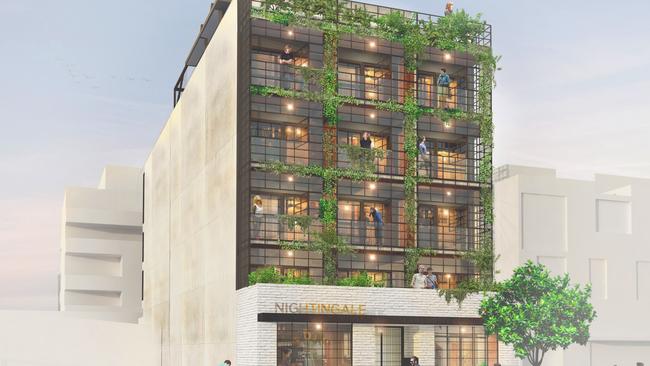
Bank Australia chief strategy officer Rowan Dowland said there was “an overwhelming need for new approaches to housing and alternative development models that focus on community building, affordability and sustainable design.”
“The group building concept that has emerged from Germany (called Baugruppen in German), is a proven way of delivering a housing solution that reduces costs, builds greater community, and improves design and sustainability outcomes,” he said.
“Locally, the model being pioneered by Nightingale Housing is one that we are keen to explore”
Ms Addison said more Victorian families would choose to buy and live in apartments as the population grew and the apartment market matured.
Meanwhile, digital property co-ownership platform ‘Kohab,’ which connects like-minded buyers who lack the funds to purchase on their own, launched earlier this week.
Buyers can purchase a share in a property with other platform users, and are linked with properties, real estate agents and legal, mortgage and insurance providers.

